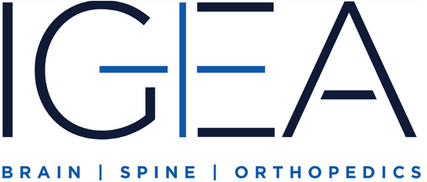POST-STROKE TREATMENT IN NEW JERSEY & NEW YORK
Slurred speech. A droopy face. Numbness in the extremities.
The person you’re with is complaining of or exhibiting these symptoms, symptoms that get progressively worse with every passing second.
Yes, the situation is serious, and yes, the way you react in this situation will have a dramatic impact on the long-term health of this very sick person. This is because the person you are with is likely suffering from a stroke.
RECOGNIZING THE SIGNS AND SYMPTOMS OF A STROKE
A stroke occurs when the blood supply to parts of the brain is interrupted or harshly reduced, depriving the brain of oxygen and nutrients. It can result in death and does for 140,000 individuals in the United States every year.
The most common signs and symptoms are:
- Sudden numbness or weakness in your face, arms, or legs
- Vision problems in one or both eyes
- Difficulty walking, a loss of balance and/or coordination, and dizziness
- Trouble speaking or understanding others
- Sudden confusion
- Sudden headache with no known cause
Some stroke patients have a long road to recovery, and the most difficult part of their journey is at the very beginning. Following a stroke, neuropsychological evaluations may assist providers by identifying their patient’s strengths and weaknesses in cognition, to assess progress, and to assess behavioral and affective syndromes that may warrant treatment.
Dr. Anthony De Marco of IGEA Brain, Spine & Orthopedics empathizes with these feelings of trepidation and strives to provide his patients with a level of care that puts them at ease.
In doing so, he implements a consultative, customized, empirically-based approach to assessment based on the needs of the individual and their family. Anything less than that isn’t—and never should be—optional. Learn more about the details of Dr. De Marco’s assessment process:
Quality care for individuals recovering from a stroke should never be optional, and at IGEA Brain, Spine & Orthopedics, it never is.
Contact
us to
schedule a consultation with Dr. De Marco to discuss whether a neuropsychological evaluation is appropriate for you or your loved one.

